What are Reading Skills?
The ability to understand written language and grasp its meaning is referred to as reading skills. These abilities include word recognition, comprehension, and connecting various concepts in a text.
Fluency, vocabulary growth, and critical thinking are other components of reading skills that aid in children’s comprehension and engagement with the material they read.
Importance of Reading Skills
- Enhances comprehension
- Builds vocabulary and language development.
- Boosts academic performance
- Improves concentration and focus.
- Encourages imagination and creativity.
- Strengthens problem-solving and critical thinking abilities.
- Promotes a lifelong love for learning and reading.
Types of Reading Skills
There are several types of reading skills that children develop over time:
- Decoding Skills – The ability to sound out and recognize words.
- Fluency – Reading smoothly and quickly with accuracy.
- Comprehension – Understanding the meaning of the text, including the ability to interpret, infer, and analyze.
- Vocabulary Development – Learning new words and their meanings through reading.
- Critical Thinking – Engaging with the text on a deeper level by making connections, asking questions, and forming opinions.
How to develop reading skills in students?
Reading is one of the most valuable skills that children can develop. It opens doors to new worlds, sparks creativity, and helps them learn about different subjects.
Here are some fun activities to help children develop and strengthen their reading abilities:
- Read Aloud Together
- Create a Cozy Reading Nook
- Play Word Games
- Label Objects Around the House
- Make Reading a Daily Habit
- Act Out Stories
- Visit the Library Regularly
Reading aloud is a wonderful way to bond with children while helping them improve their reading skills.
Pick a book that your child enjoys, and take turns reading parts of the story. Pause now and then to ask questions about the characters or plot. This not only makes the story interactive but also builds their comprehension and critical thinking skills.
Reading aloud allows children to hear how words are pronounced and helps them engage with the story in a lively way.
Find a quiet corner in the house and fill it with pillows, blankets, and a small bookshelf or a box of their favourite books.
This cosy setup creates a space where children can escape into their imagination and enjoy the books they love.
Children who frequently spend time in this corner can establish a healthy relationship with reading and turn it into an enjoyable and calming habit.
Word games are a great way to make reading fun and engaging. Simple games like Scrabble Junior, Boggle, or making up your word puzzles can help children practice spelling and learn new vocabulary. You can also use flashcards with letters or words and encourage children to sound them out or create sentences.
Word games keep learning lighthearted and exciting, which helps kids stay motivated to improve their reading skills without feeling pressured.
Turning everyday objects into reading tools can help children recognize and remember new words. You can label items like doors, chairs, tables, and windows with sticky notes that name each object.
As children move around the house, they’ll naturally come across these words and start associating them with the objects. This is a simple and practical way to help them build their vocabulary and word recognition skills.
Setting aside a specific time for reading every day can help build consistency. Even just 15 minutes of reading time each day can make a huge difference. Allow your child to choose the books they want to read, whether it’s a storybook, comic, or anything that interests them.
Reading daily not only helps kids become more fluent readers, but also demonstrates to them the value and enjoyment of reading.
Bringing stories to life by acting them out can make reading an exciting experience for children. After reading a story together, encourage your child to pick their favourite character and act out a scene.
You can join in as well, making the activity fun and interactive. Acting out stories helps kids engage more deeply with the plot and characters, improving their comprehension while sparking their imagination.
Libraries are a treasure trove of books for children. Taking regular trips to the library allows children to explore different genres, from adventure stories to science books.
Let your child choose a few books to borrow and encourage them to read something new each time. Many libraries also offer reading programs or storytime sessions, which can make reading a shared experience with other children.
Conclusion
Developing strong reading skills is essential for a child’s growth, both academically and personally. Children at Mothers Pet Kindergarten are directed to explore their reading talents in a supportive setting, with an emphasis on playful learning.
These early experiences help build a lifelong love of reading, sparking curiosity and imagination in young minds.
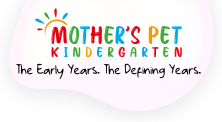



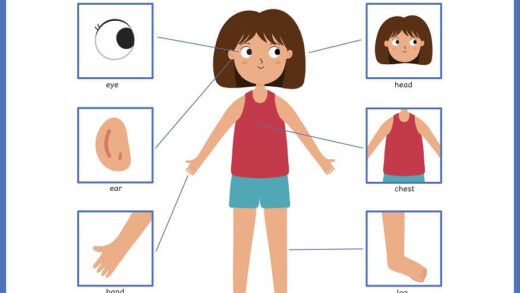


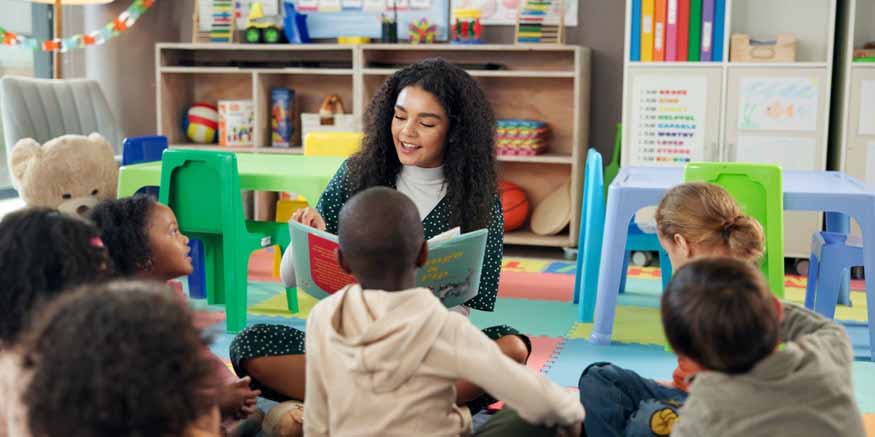
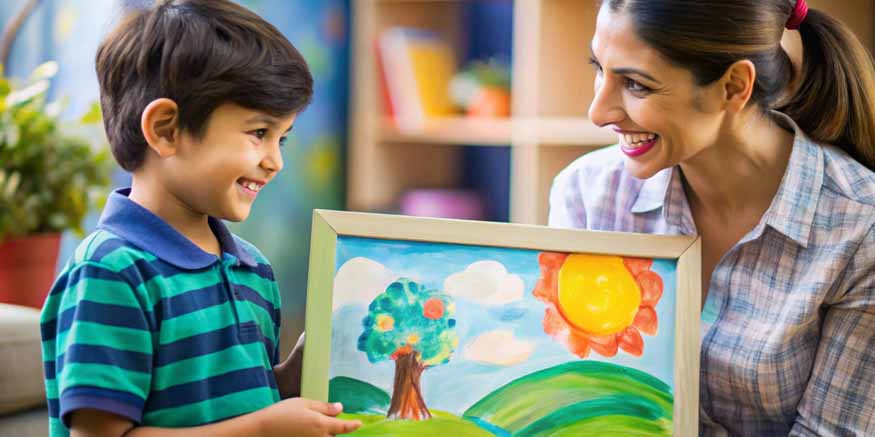
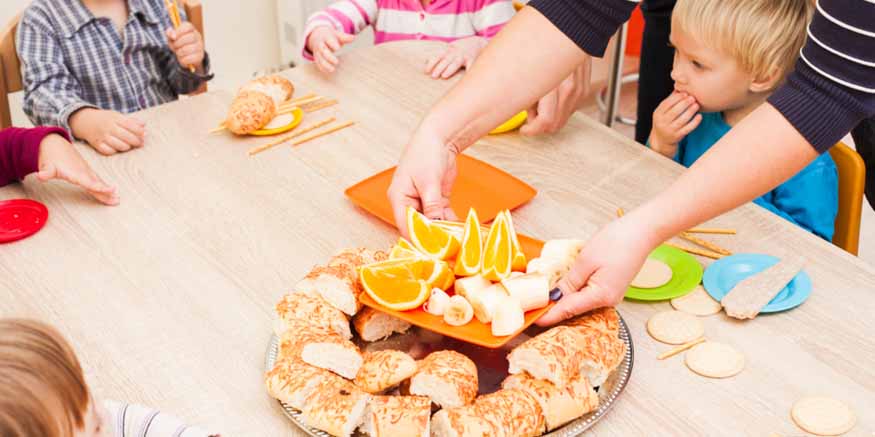

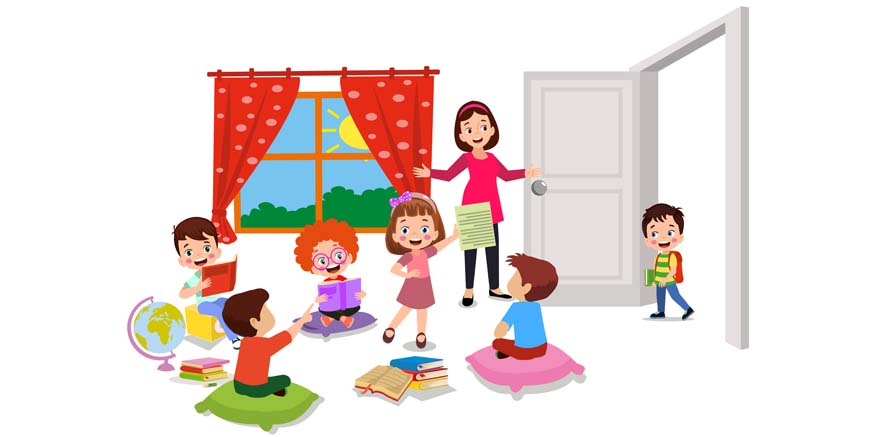

Recent Comments